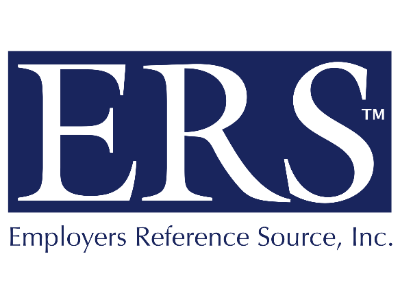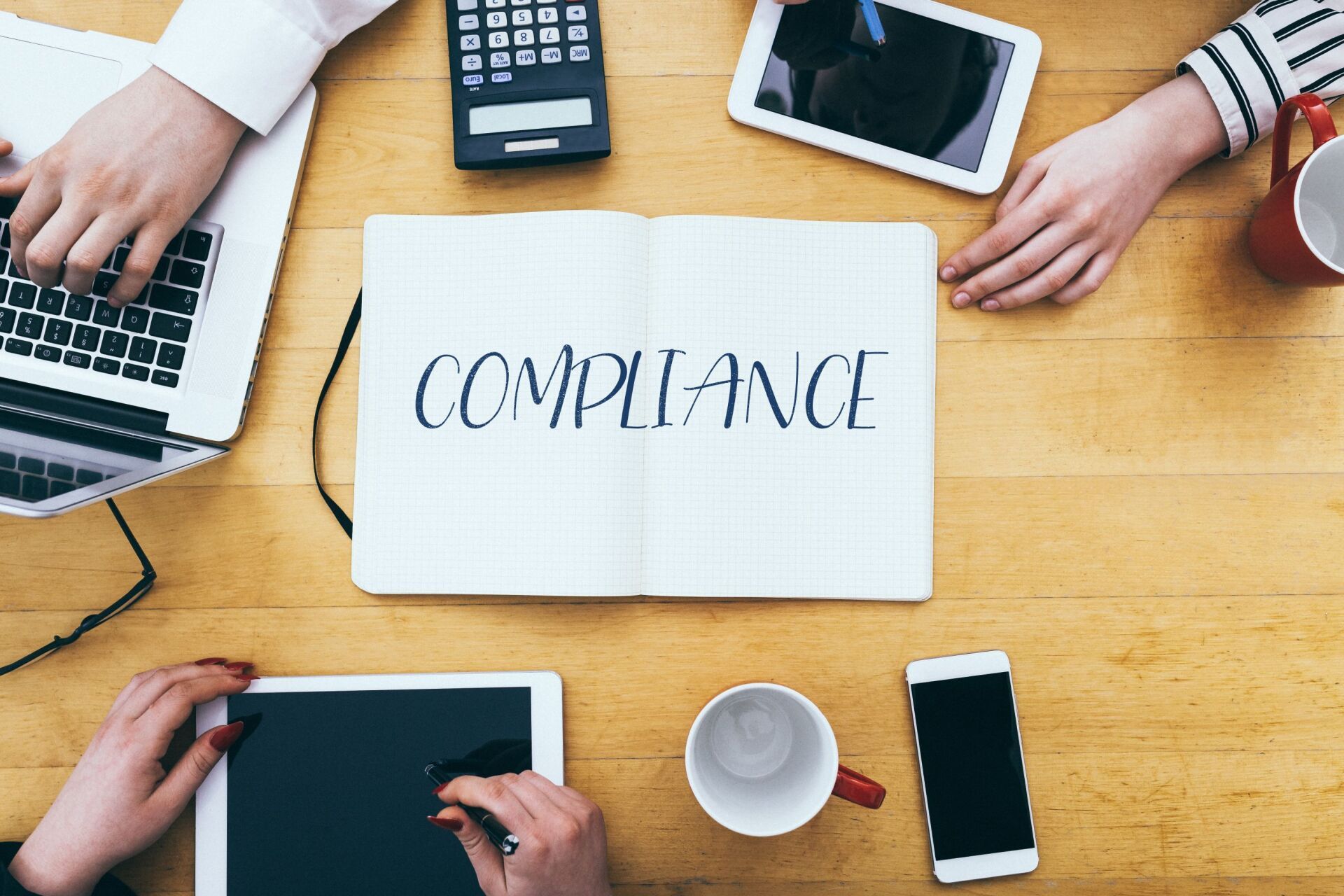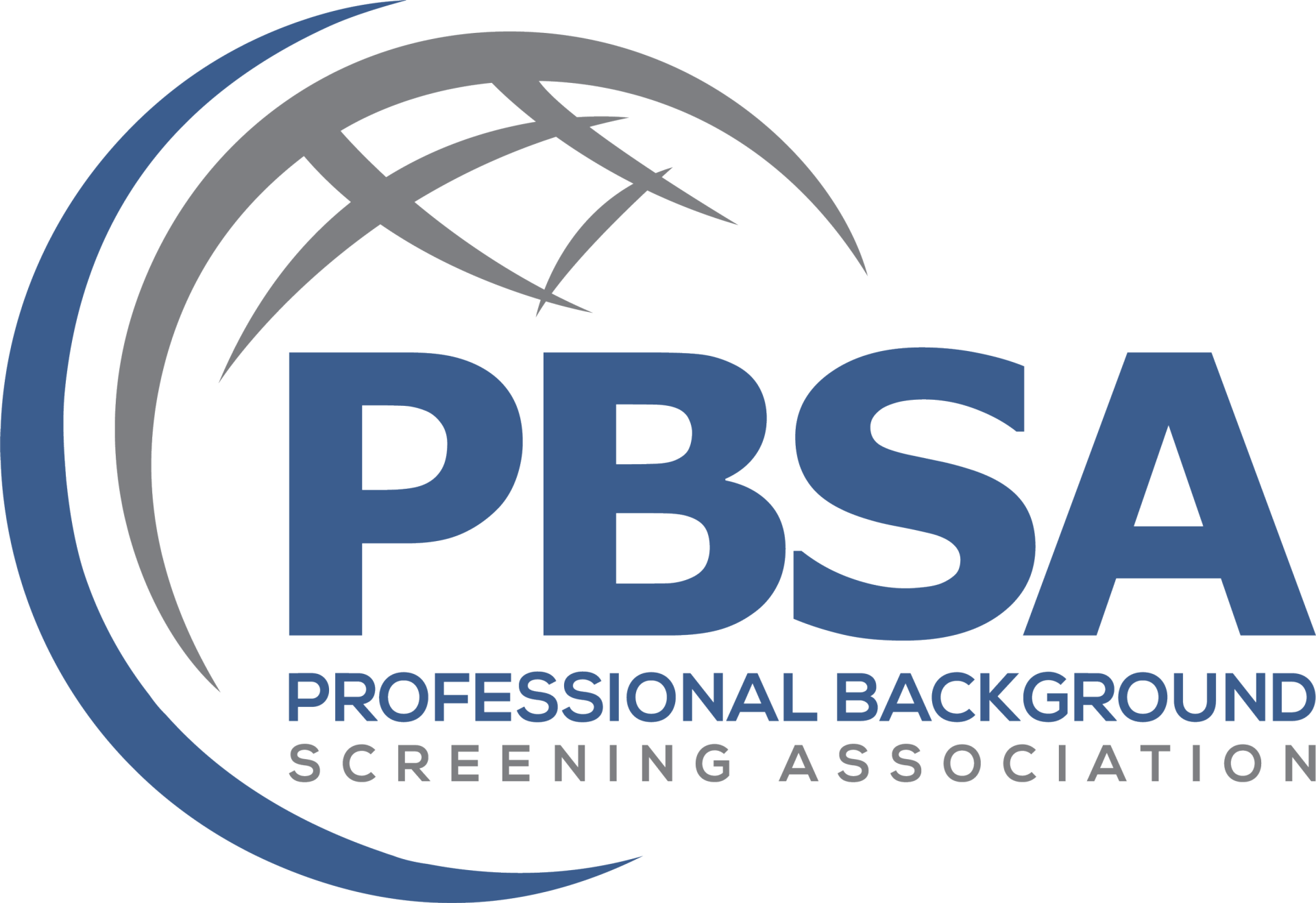Background Checks & the Equal Employment Opportunity Commission (EEOC)
Anyone involved at any stage of human resources and hiring decisions is well aware of the US Government's Equal Employment Opportunity Commission (EEOC) protections against discrimination in hiring decisions, but many haven't considered how EEOC rules apply to background checks. Here are some guidelines to help you ensure your use and application of background screenings and their results are in compliance with EEOC regulations.
What Are EEOC Protections?
In brief, EEOC regulations are designed to protect employees from being discriminated against for any reason not specifically related to their ability or qualifications to perform a specific job. EEOC rules specifically prohibit discrimination based on race, color, religion, sex (including pregnancy, transgender status, and sexual orientation), national origin, age (40 or older), disability or genetic information. Discriminatory hiring practices can expose your organization to substantial liability.
When Can You Ask for Background Checks to Meet EEOC Regulations?
While many laws apply to how and when employers may use background checks, EEOC guidelines ensure they are not used in discriminatory ways. To comply with EEOC regulations, you should not request screenings from only a subset of candidates with a certain characteristic, for example, criminal screenings only of individuals of one race, or driving records only of women. Remember, too, that you must have written consent to perform a background check, and must meet other federal, state, and local regulations regarding privacy and discrimination as well.
How Can You Use Background Check Results in Compliance with EEOC Rules?
In addition to using background screening results in accordance with other privacy and employment regulations, EEOC rules mean you must respond to results in a fair and nondiscriminatory way, so that your standards apply equally, across the board. Moreover, you shouldn't reject a group of applicants who have a specific background check result if that excludes a particular protected group among whom that result may be more common.
The two best ways to ensure your background checks are in compliance with EEOC and other regulations are to remember the goal is to treat everyone equally and fairly, and to use an experienced, qualified background screening provider. At Employers Reference Source, Inc., we check both of those boxes. Contact us today to explore our full array of background screening and verification services to make your hiring decisions more efficient and effective.










